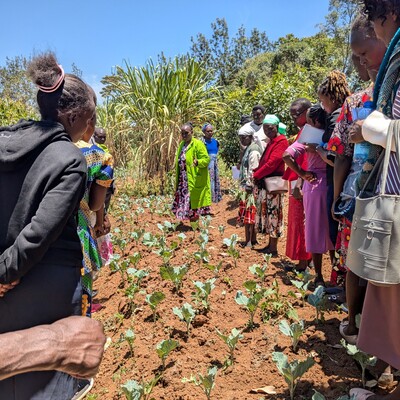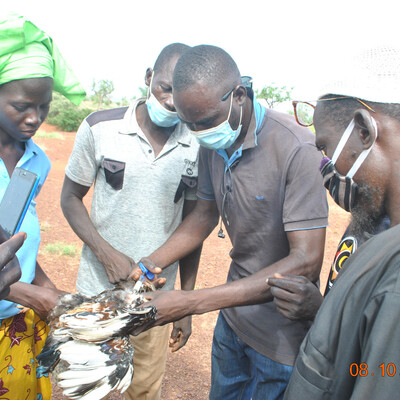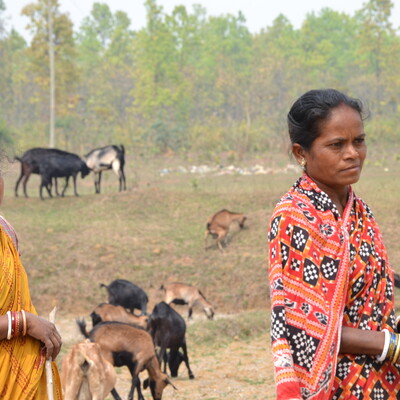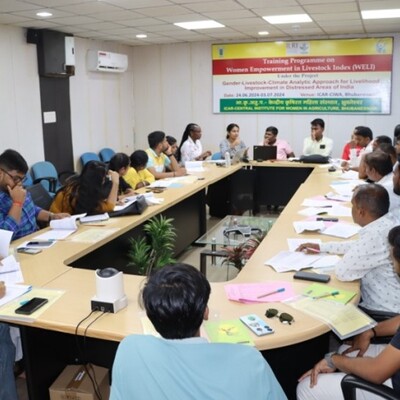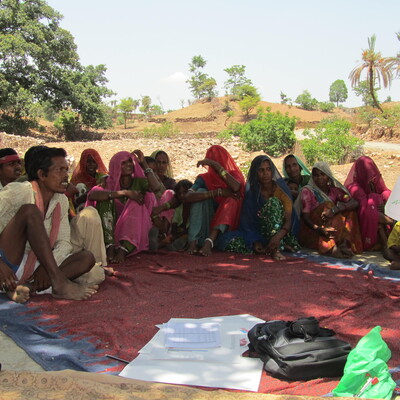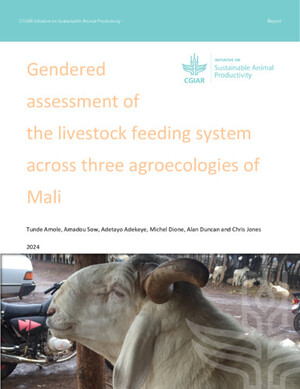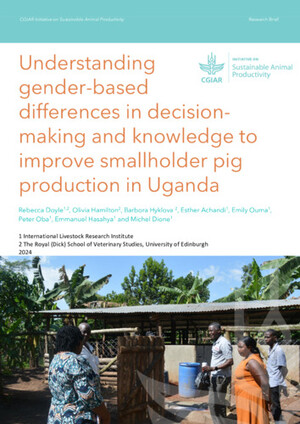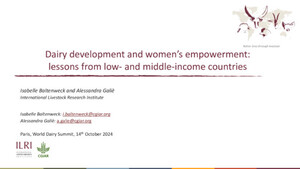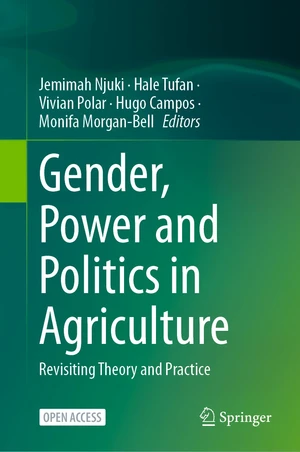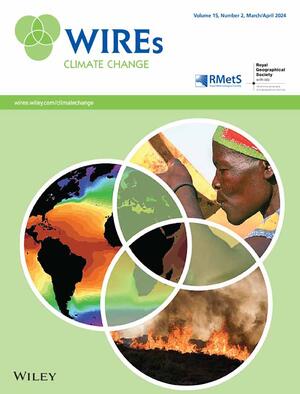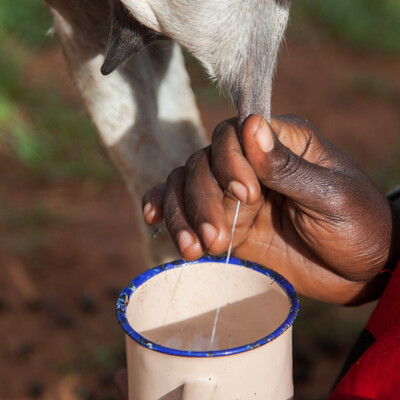
Stakeholder involvement, knowledge, and gender norms key for effective rainwater management
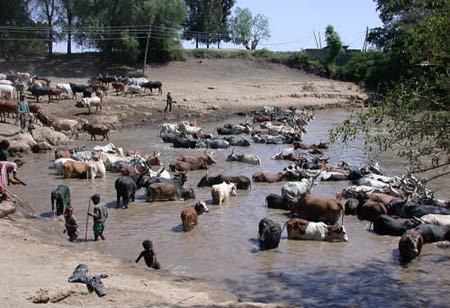
Cattle cool off in the Awash River, Oromia, Ethiopia, after a long trek (photo credit: ILRI).
Poor rainwater management (RWM) is a major challenge in the smallholder mixed crop-livestock farming system in Ethiopia. Success of previous RWM interventions by government and international organizations has been hampered by weakness in technical design, minimal community involvement in project design, unfavourable land use policies as well as poor follow-up and monitoring.
A three-year (2010-2013) Nile Basin Development Challenge Program piloted an integrated RWM approach that combined technologies/practices, policies and institutions and involved multiple stakeholders (farmers, researchers, planners and policymakers). Innovation platforms (IPs) where organized to bring together these different stakeholders for knowledge sharing, joint planning and implementation of novel RWM interventions. The goal was to address interrelated problems of land degradation, livestock feed shortage, and soil erosion, in an effort to improve the resilience of rural livelihoods.
Researchers from the International Livestock Research Institute (ILRI) conducted a study to establish the effect of this integrated RWM approach on stakeholders’ knowledge, attitudes, skills and practices and to assess their perceptions about the approach.
Based on a qualitative exploratory study, the research was undertaken in early 2014 using individual semi-structured interviews to collect data from 54 IP members that included farmers, development agents, district administrators, researchers, policymakers and non-governmental organizations representatives from the Diga, Jeldu and Fogera districts of Ethiopia.
The results of the study, which were recently published in the Natural Resources Forum, a United Nations Sustainable Development Journal, reveal that the implementation of the integrated RWM approach had positive effects on stakeholders’ knowledge, attitudes, skills and practices.
The stakeholders acquired new knowledge in how to successfully manage soil and water, while considering local needs, institutions and policies. Farmers acquired more knowledge regarding RWM practices, while planners, policymakers and researchers gained more knowledge in multi-stakeholder engagement processes.
Furthermore, the results show that differences in gender roles and responsibilities influence the RWM technological preferences among male and female farmers. Understanding these differences in light of preferences and gender-based constraints, such as workload, might help researchers and development practitioners design acceptable and sustainable RWM interventions.
The study concludes that RWM approaches that directly address the needs of male and female farmers in the short- to medium-term are more likely to be adopted. Effective rainwater management requires strong collaboration, capacity development of all stakeholders, incentives such as inputs and markets, favourable policies and norms, and continuous monitoring.





